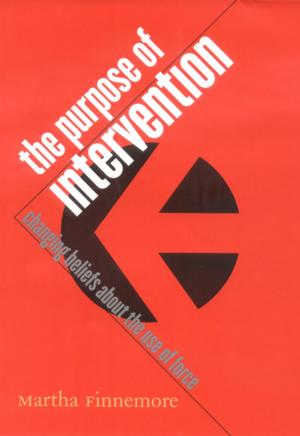Curing Medicare
A Doctor's View on How Our Health Care System Is Failing Older Americans and How We Can Fix It
Nonfiction, Health & Well Being, Medical, Patient Care, Medicaid & Medicare, Social & Cultural Studies, Social Science, Gerontology| Author: | Andy Lazris | ISBN: | 9781501703867 |
| Publisher: | Cornell University Press | Publication: | June 14, 2016 |
| Imprint: | ILR Press | Language: | English |
| Author: | Andy Lazris |
| ISBN: | 9781501703867 |
| Publisher: | Cornell University Press |
| Publication: | June 14, 2016 |
| Imprint: | ILR Press |
| Language: | English |
Andy Lazris, MD, is a practicing primary care physician who experiences the effects of Medicare policy on a daily basis. As a result, he believes that the way we care for our elderly has taken a wrong turn and that Medicare is complicit in creating the very problems it seeks to solve. Aging is not a disease to be cured; it is a life stage to be lived. Lazris argues that aggressive treatments cannot change that fact but only get in the way and decrease quality of life. Unfortunately, Medicare’s payment structure and rules deprive the elderly of the chance to pursue less aggressive care, which often yields the most humane and effective results. Medicare encourages and will pay more readily for hospitalization than for palliative and home care. It encourages and pays for high-tech assaults on disease rather than for the primary care that can make a real difference in the lives of the elderly.
Lazris offers straightforward solutions to ensure Medicare’s solvency through sensible cost-effective plans that do not restrict patient choice or negate the doctor-patient relationship. Using both data and personal stories, he shows how Medicare needs to change in structure and purpose as the population ages, the physician pool becomes more specialized, and new medical technology becomes available. Curing Medicare demonstrates which medical interventions (medicines, tests, procedures) work and which can be harmful in many common conditions in the elderly; the harms and benefits of hospitalization; the current culture of long-term care; and how Medicare often promotes care that is ineffective, expensive, and contrary to what many elderly patients and their families really want.
Andy Lazris, MD, is a practicing primary care physician who experiences the effects of Medicare policy on a daily basis. As a result, he believes that the way we care for our elderly has taken a wrong turn and that Medicare is complicit in creating the very problems it seeks to solve. Aging is not a disease to be cured; it is a life stage to be lived. Lazris argues that aggressive treatments cannot change that fact but only get in the way and decrease quality of life. Unfortunately, Medicare’s payment structure and rules deprive the elderly of the chance to pursue less aggressive care, which often yields the most humane and effective results. Medicare encourages and will pay more readily for hospitalization than for palliative and home care. It encourages and pays for high-tech assaults on disease rather than for the primary care that can make a real difference in the lives of the elderly.
Lazris offers straightforward solutions to ensure Medicare’s solvency through sensible cost-effective plans that do not restrict patient choice or negate the doctor-patient relationship. Using both data and personal stories, he shows how Medicare needs to change in structure and purpose as the population ages, the physician pool becomes more specialized, and new medical technology becomes available. Curing Medicare demonstrates which medical interventions (medicines, tests, procedures) work and which can be harmful in many common conditions in the elderly; the harms and benefits of hospitalization; the current culture of long-term care; and how Medicare often promotes care that is ineffective, expensive, and contrary to what many elderly patients and their families really want.















